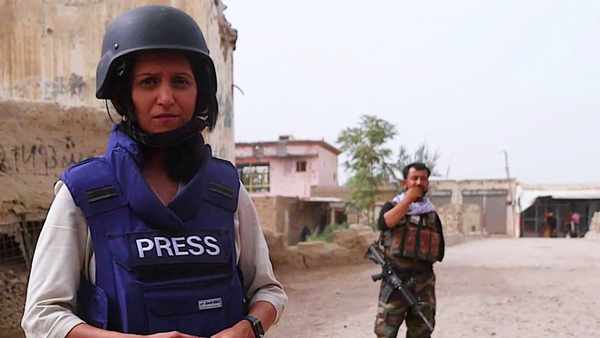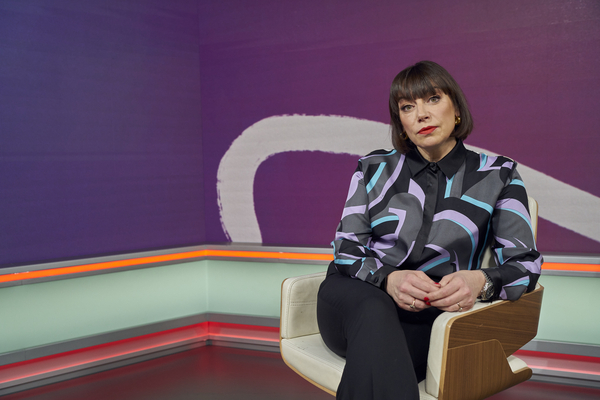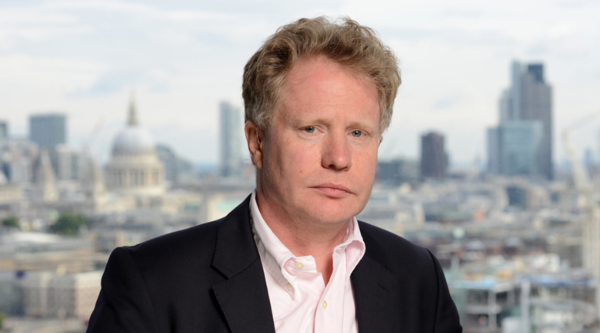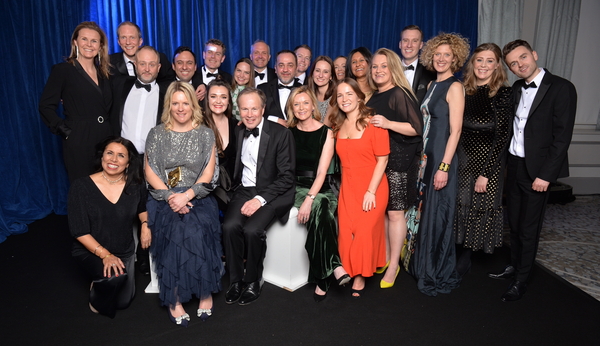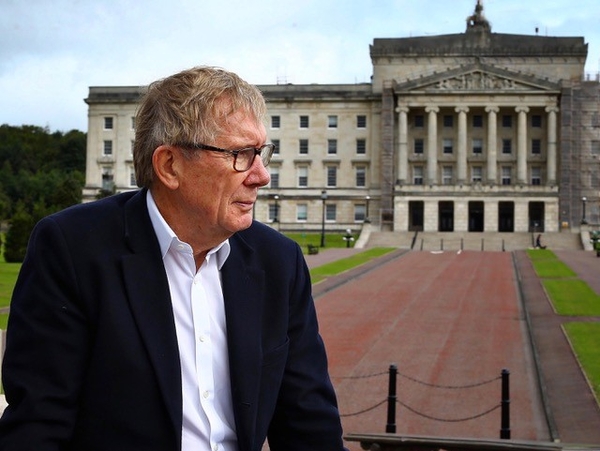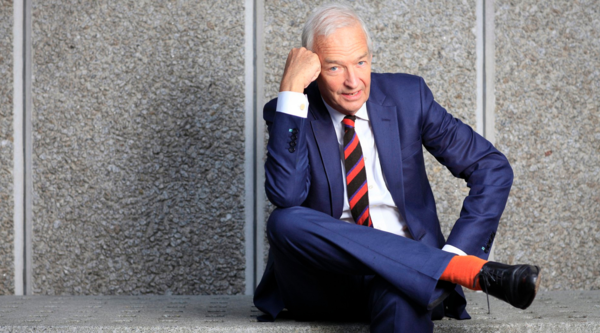AI: The New Frontier for Journalism
An RTS session considering the innovations and potential challenges of AI in journalism. We heard from organisations that are already using AI to work more efficiently and deliver more of what their audiences want, and got an understanding of what regulators are doing around the world to ensure that the technology contributes to the industry positively.
Hosted by Symeon Brown, Channel 4 News correspondent and host of AI Watch.
Panel:

